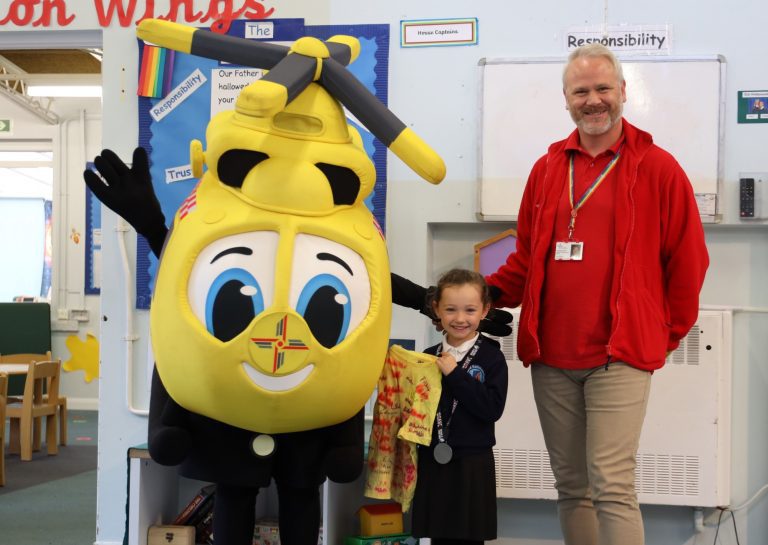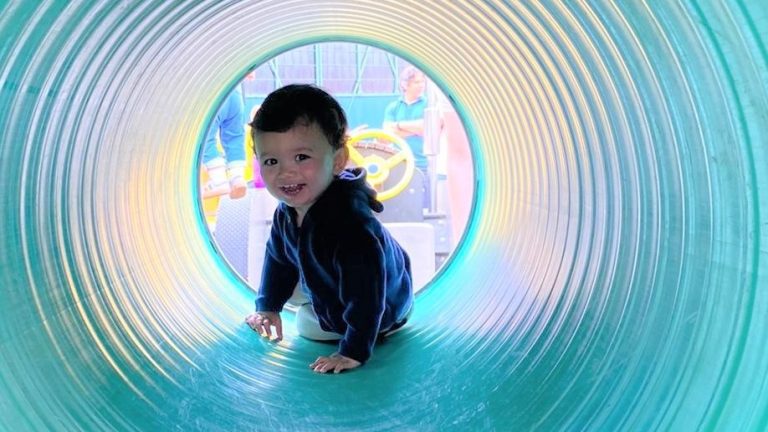Treating children
Approximately 10% of the patients we attend are children
All EAAA doctors and paramedics are trained to treat children, and some of them are specialists in paediatric care. This includes a Paediatric Emergency Medicine Consultant and a Consultant Paediatric Anaesthetist. Pre-Hospital Emergency Medicine (PHEM) trainees with EAAA also receive specific training in paediatric critical care.
When EAAA is tasked to a seriously injured or unwell child, it’s important for the crew to know the age of the young person as soon as possible. This is because there are considerations and variables when it comes to the doses of medications and fluids that can be administered and the equipment that should be used. The crew carry paediatric-specific equipment, such as airway management equipment and ventilators.
All EAAA doctors and critical care paramedics carry reference cards. These contain all the relevant information in terms of airway sizes, ventilator settings, anaesthetic induction and medication doses appropriate to the age, height and weight of child. Knowing the age of the child as soon as possible means the crew can plan and make this preparation while on the way to the scene of the emergency. This saves time and ensures the child receives treatment and care quickly when every second could count.

Albie's Story
On 3 April 2023 our critical care team were dispatched to a life-threatening medical emergency. They were informed it was a child fitting. The patient was six-year-old Albie.
The medical interventions that saved Albie’s life are not available from the ambulance service alone. Thanks to you, we were able to deliver the intensive care unit to Albie outside his home and give him an anaesthetic hours earlier than would have been possible otherwise, stopping his seizures.
The crew will also identify the best hospital for the child’s onward care. They will match the illness or injury to the most appropriate hospital and the one that is best placed to treat the child. We have one specialist paediatric intensive care unit in our region, which is in Cambridge at Addenbrooke’s Hospital.
They will also be mindful of scared and distressed family members who may be at the scene. While completely focussed on the treatment and care of the child, they will keep the family informed about what’s happening and why, when appropriate. If possible, they will also make provision for a parent or carer to accompany the child to hospital, whether by land or air. If the child is being transferred by air, the helicopter has a special harness to ensure they are safely secured for the flight.
Incidents involving children can be among some of the more upsetting medical emergencies we are tasked to. Our dedicated Aftercare service is available to provide practical and emotional support to patients and families in the turbulent aftermath of a life-changing incident.


